Nprotone
30 billion CFU probiotics formulation to metabolize uremic toxins
Delayed Release Capsule to ensure the active ingredients are released in the intestines
Reg. No.: MAL22126097N
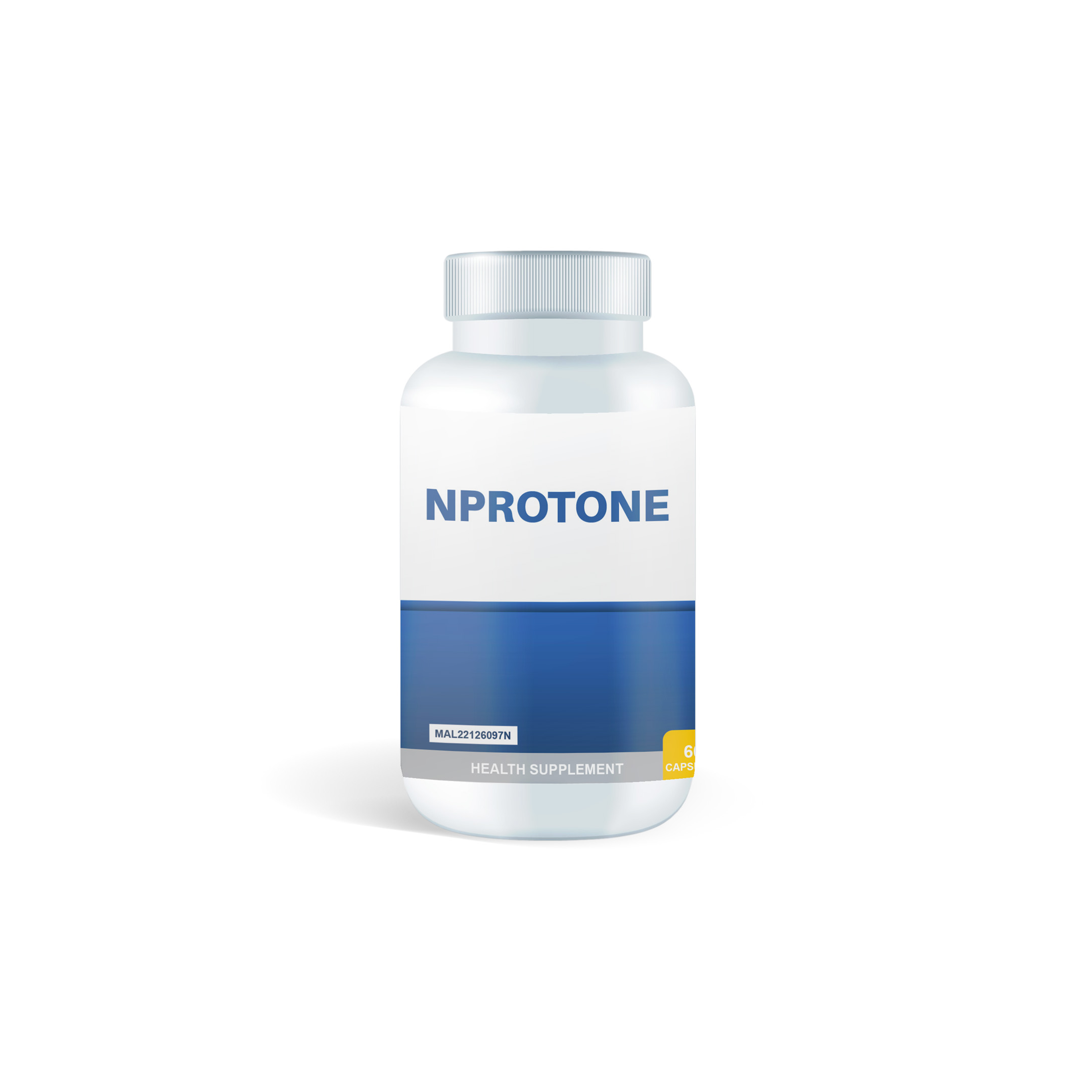
Benefits
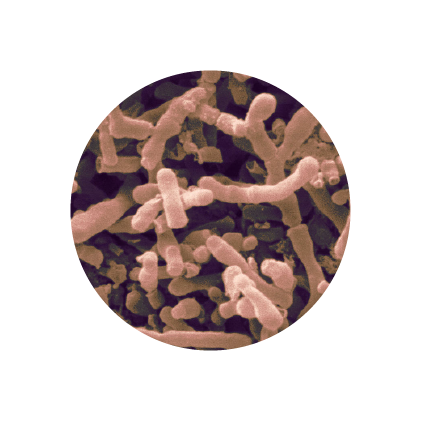
Probiotics
• Lactobacillus acidophilus protects against the progression of renal damage by modulating the gut environment and metabolizing the uremic toxins
• Bifidobacterium longum is a urease-producing probiotic which metabolizes urea
• Supports balanced gut flora and prevent overgrowth of harmful bacteria or dysbiosis
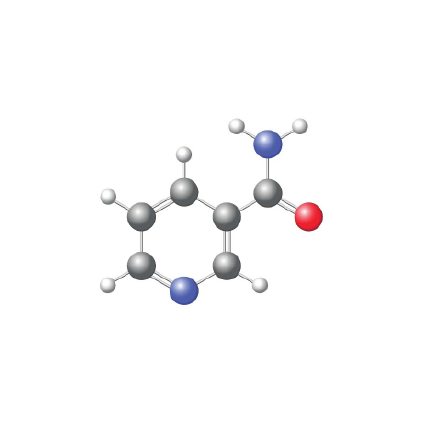
Niacinamide
• Also known as the Vitamin B3
• Supports normal phosphate level
• Maintains healthy cholesterol level by improve lipid metabolism
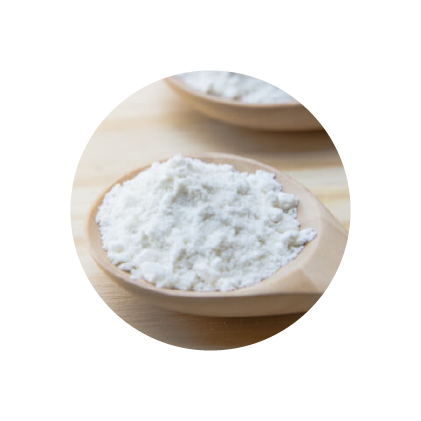
Sodium Bicarbonate
• Balances acidity of the body
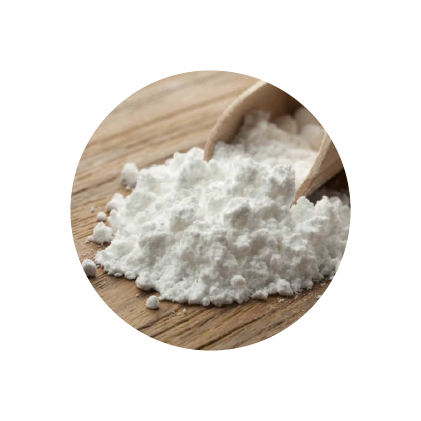
Prebiotics (Fructooligosaccharides)
• Supports probiotic growth in the gut and more effective toxin elimination.
Causes of Kidney Problems
Causes of Kidney Problems
Kidney damage does not happen in sudden, but it is gradual loss of kidney function over the times. Complications will develop if kidney damage is left ignored or unaware over the time
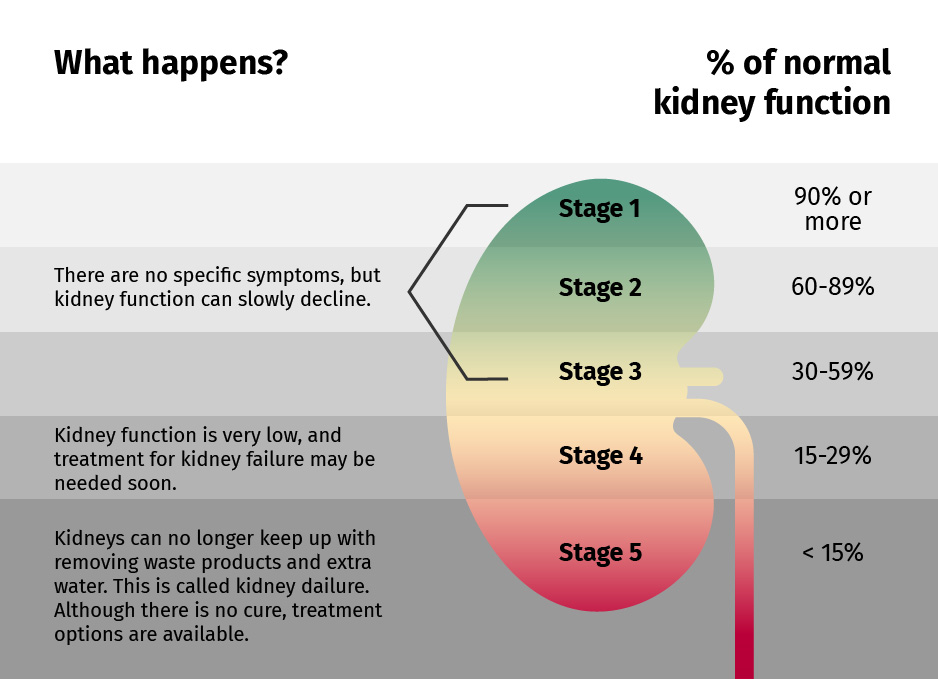
- Heart problem due to potassium levels
- Excess phosphorous level leads to calcification
- Reabsorption of nitrogenous wastes and uremic wastes
- Acid builds up or metabolic acidosis
- Loss of appetite and malnutrition
Dysbiosis is common complication that is normally happen in CKD patients. Overgrowth of pathogenic bacteria produces harmful uremic wastes in the gut.
The examples of uremic toxins:
- Urea
- Uric acid
- Creatinine
- Indoles
- Phenols
- p-Cresol
- Nitrosamines
Therefore, early protection and a regular check-up remains the key to maintain good kidney health.
Importance to Balance Acid & Phosphorous in Body
The blood does contain some acid levels, however, bad if too high and leads to metabolic acidosis. Metabolic acidosis is a common finding in CKD, affecting approximately 15%-19% of patients. The risks of having metabolic acidosis:
- Faster progression of CKD
- Low grade inflammation
- Increased bone loss
- Muscle loss and wastage
Normally, changes in diet and alkali therapy are the most used approaches to reduce the burden.
Why Phosphorous level need to be in balance?
Phosphorous is an essential mineral needed for body cells, from cell membrane to bone growth. In normal condition, it is excreted through faeces and urine.
Hyperphosphatemia or excess level of phosphorous leads to calcification and damages tissues and organ such as heart and blood vessels, as well as kidneys themselves. Therefore, control the intake of phosphorous is important especially in individuals of kidney concern.
Usage method
- Take 1 capsule two to three times daily with food or as recommended by your healthcare practitioner.
- It is important to note that Nprotone should be used for a full 3 months to receive its full benefits.
Storage
Store Below 30˚C. Protect from sun light and moisture. Keep out of reach of children.
GTF Worldwide Sdn Bhd
- No. 20, Plaza Danau 2, Jalan 5/109F, Taman Danau Desa, 58100 Taman Desa, Kuala Lumpur, Malaysia.
- (03) 7982 9881
- (012) 483 5523
- [email protected]
